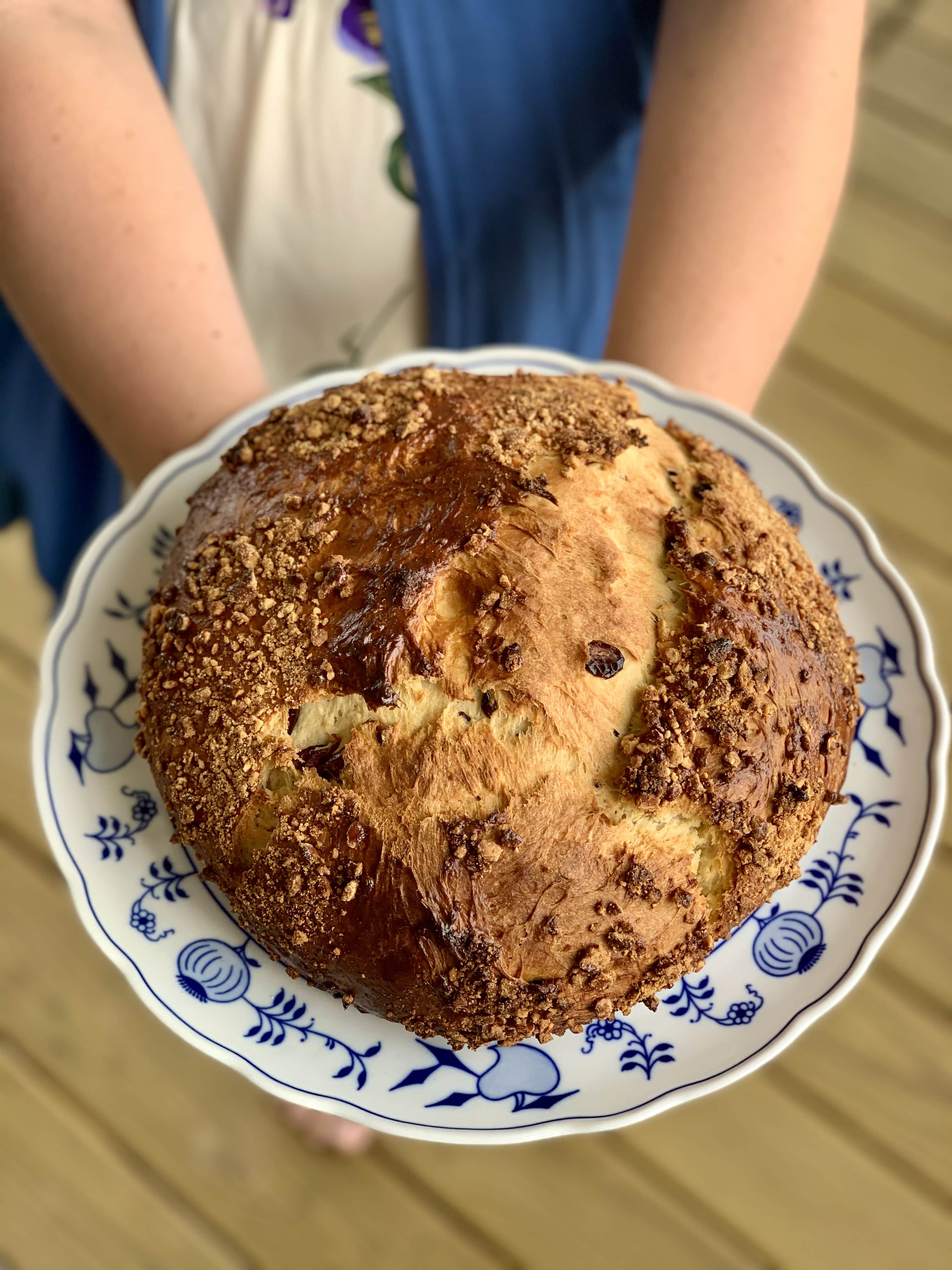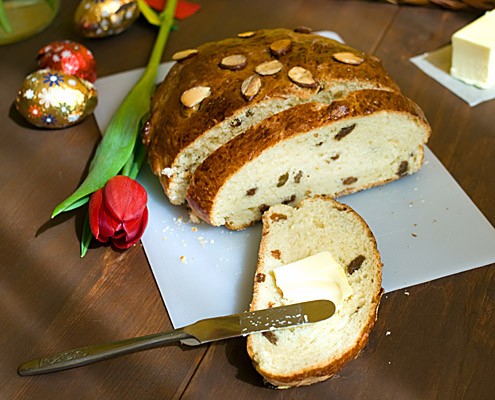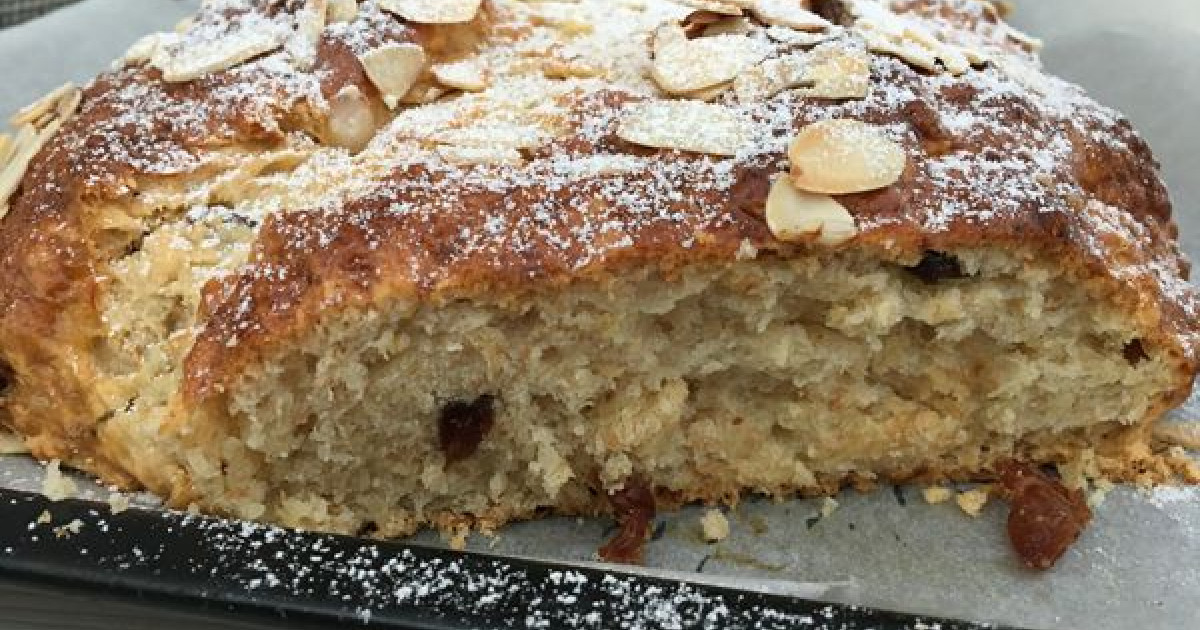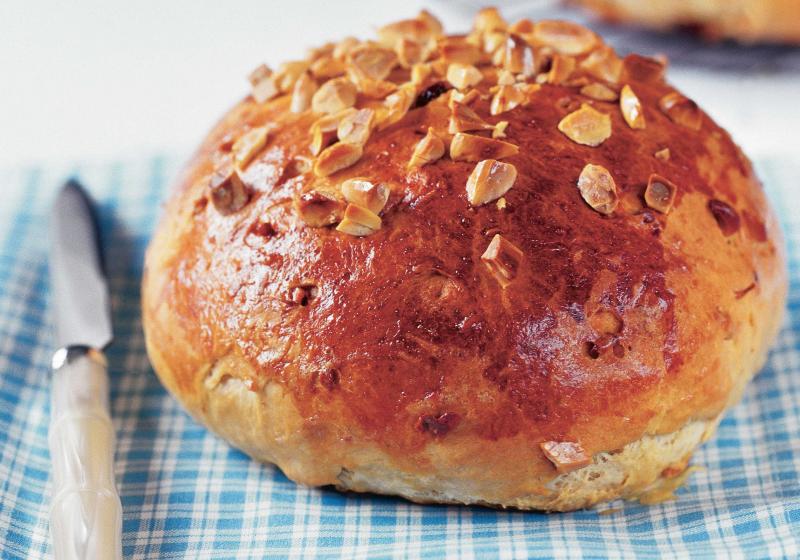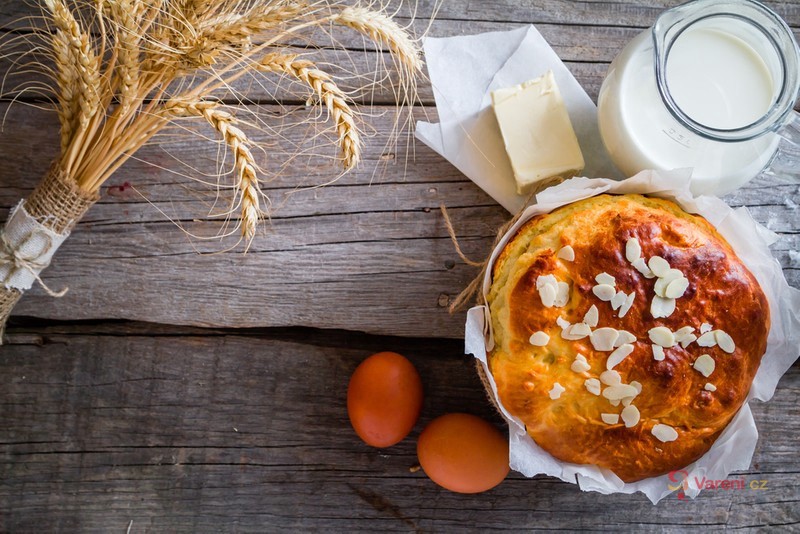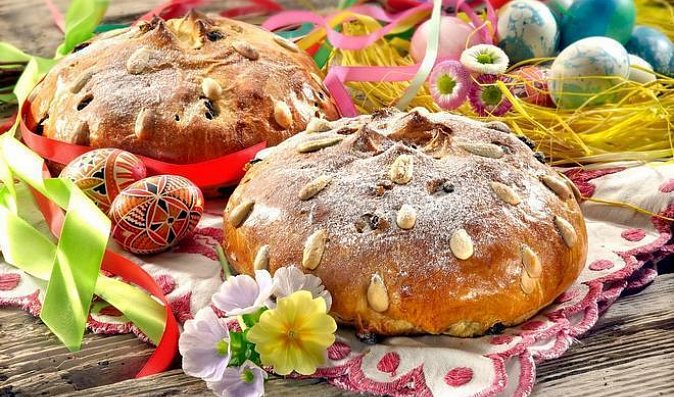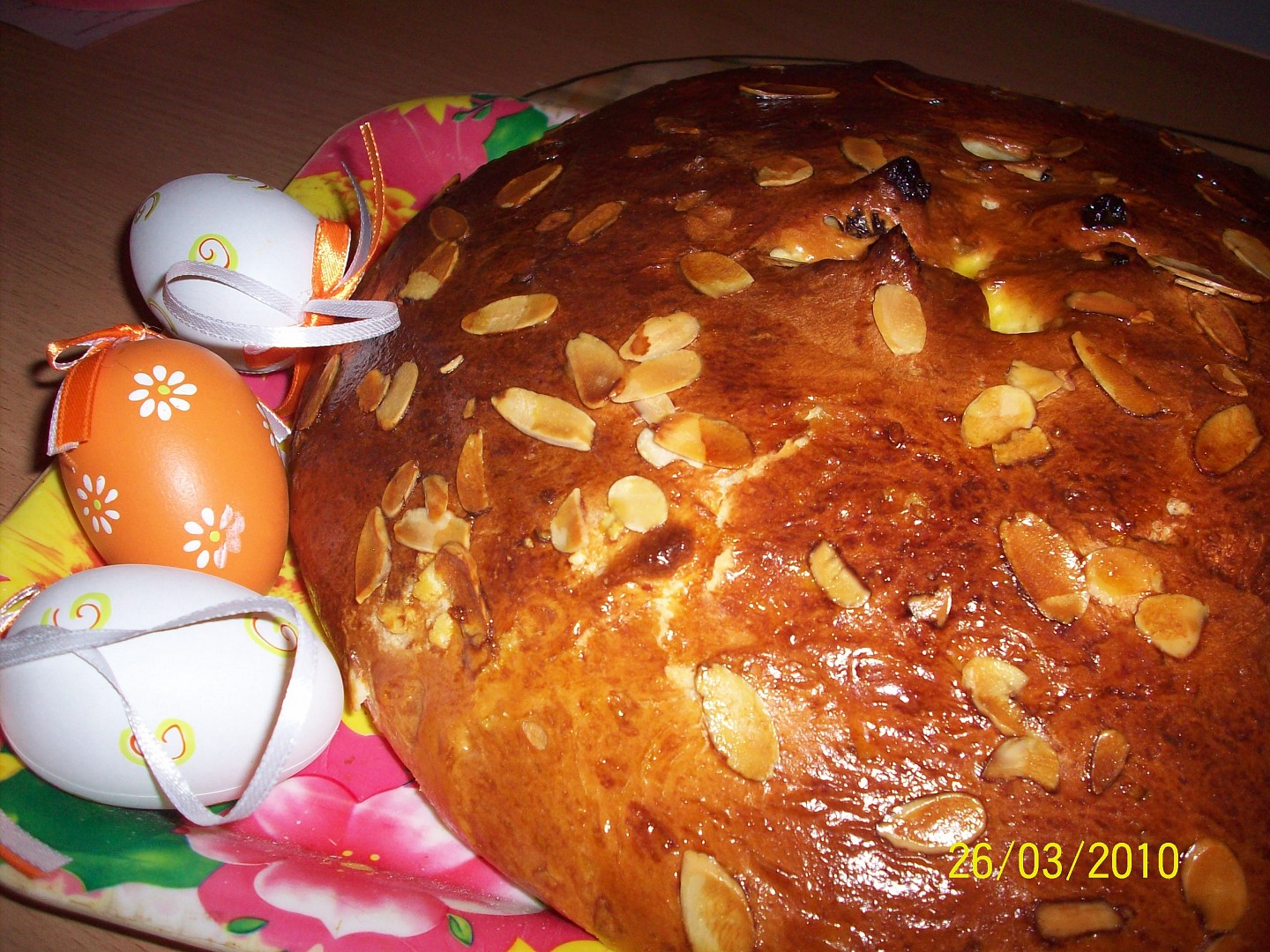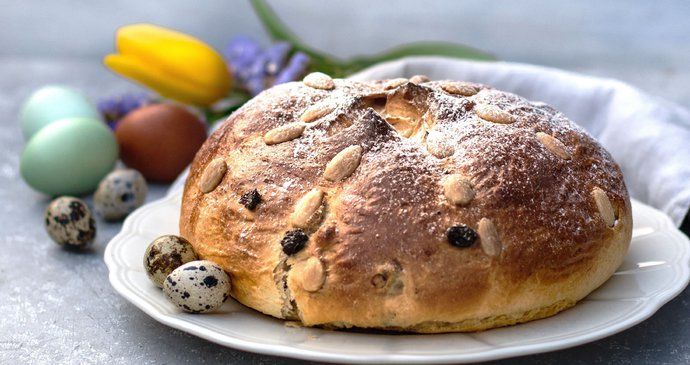Mazanec
heißwecke, hedewig
A Heißwecke, HICE-veck-ə, , also called a Heißewecke or Hedewig, is a traditional type of currant bun within the German-speaking region of Europe that goes back to at least to the Late Middle Ages. In North and Northwest Germany it is eaten before the beginning of the pre-Easter fasting period known as Lent, especially from Rose Monday (Rosenmontag) to Ash Wednesday (Aschermittwoch). It is a sweet bread roll made with milk and wheat flour that is eaten hot, hence the name: Heißwecken literally means "hot rolls". Heißwecken are predominantly eaten in the area influenced by the Hanseatic League i.e. most of northern Europe from what is now the Netherlands to Poland and the Baltic Sea coast. It has numerous dialectical names that are almost all derived from the term Heißwecken. The most common are Hedewäggen, Hetwegge, Heiteweggen and Heetwich. There are several historical descriptions of Heißwecken, although there were certain variations in the different regions. They were usually round, but other shapes were also used. The sources most frequently state that the rolls were covered with hot milk and melted butter before being eaten. They were not homemade but invariably produced by bakeries. In a 1928 Schleswig-Holstein dictionary, the following description is given:
Source: Wikipedia
Recipes
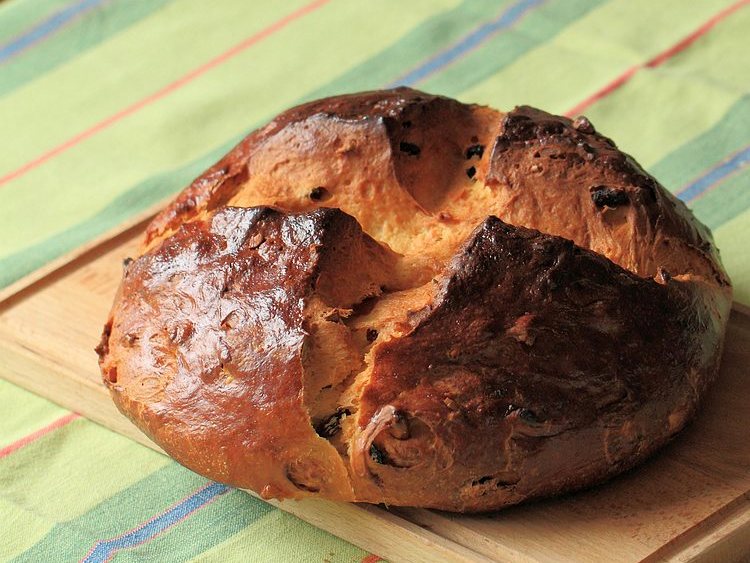
Czech Easter Bread: Mazanec / Pecete Mazanec? - Czechmatediary
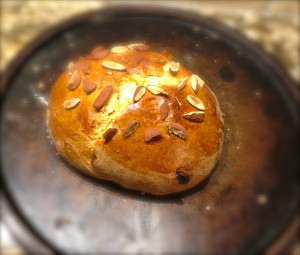
Another classic Czech/Slovak recipe:Mazanec / Dalsi klasicky CS recept: Mazanec - Czechmatediary

